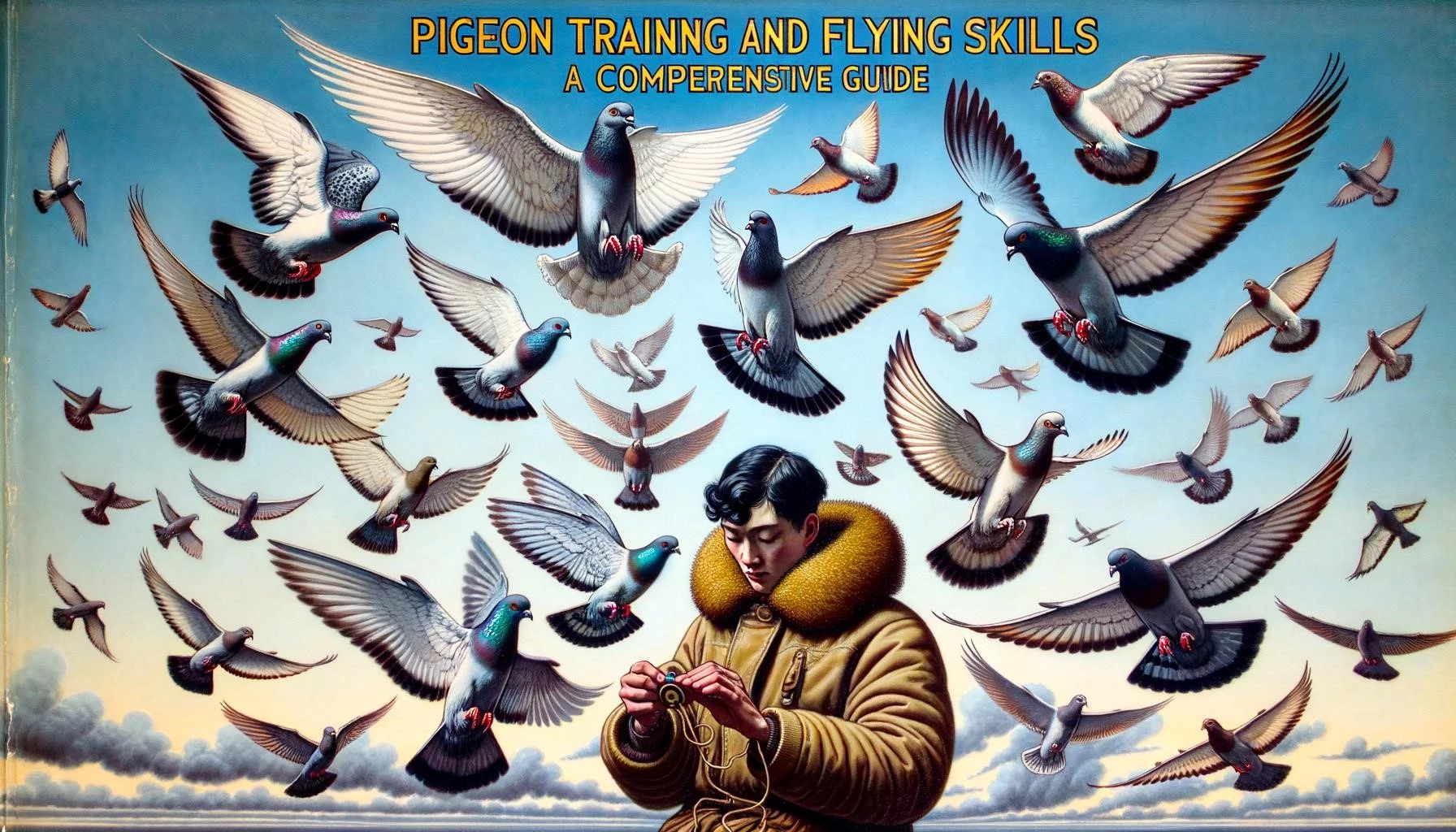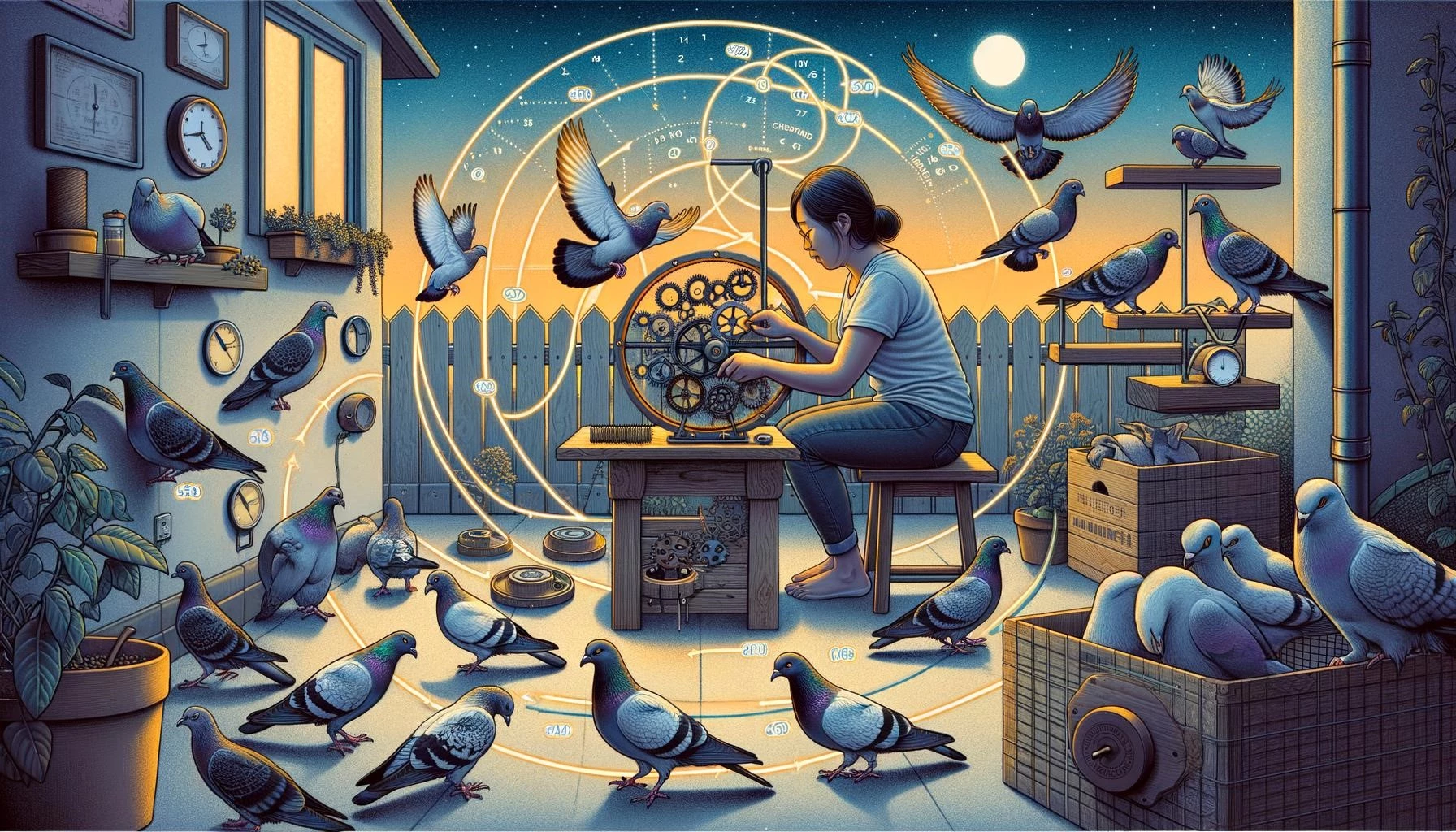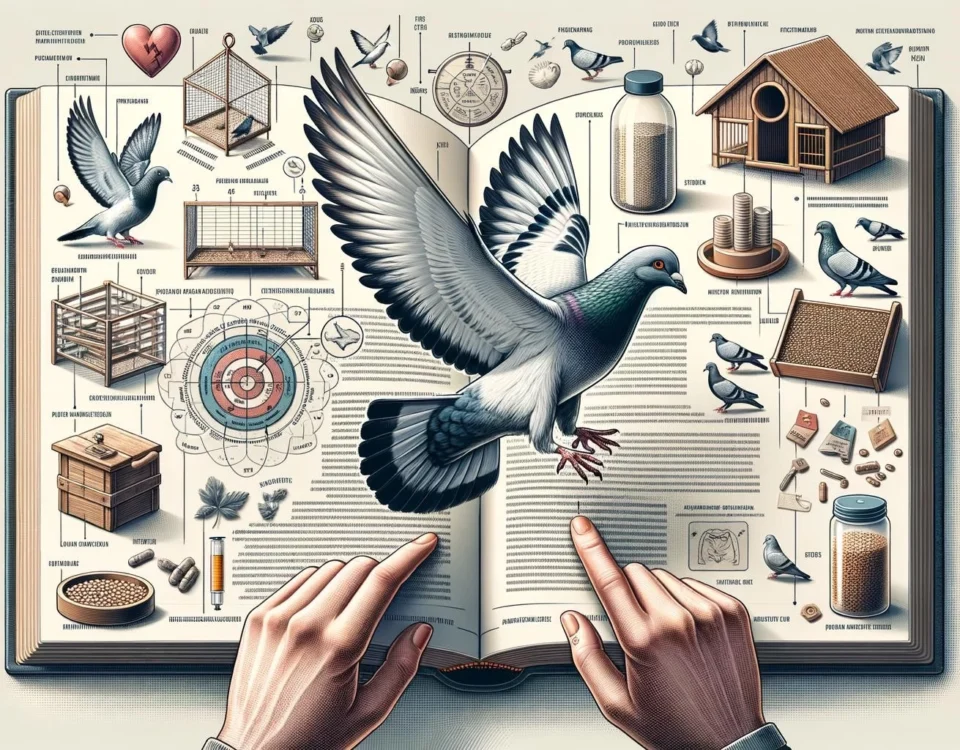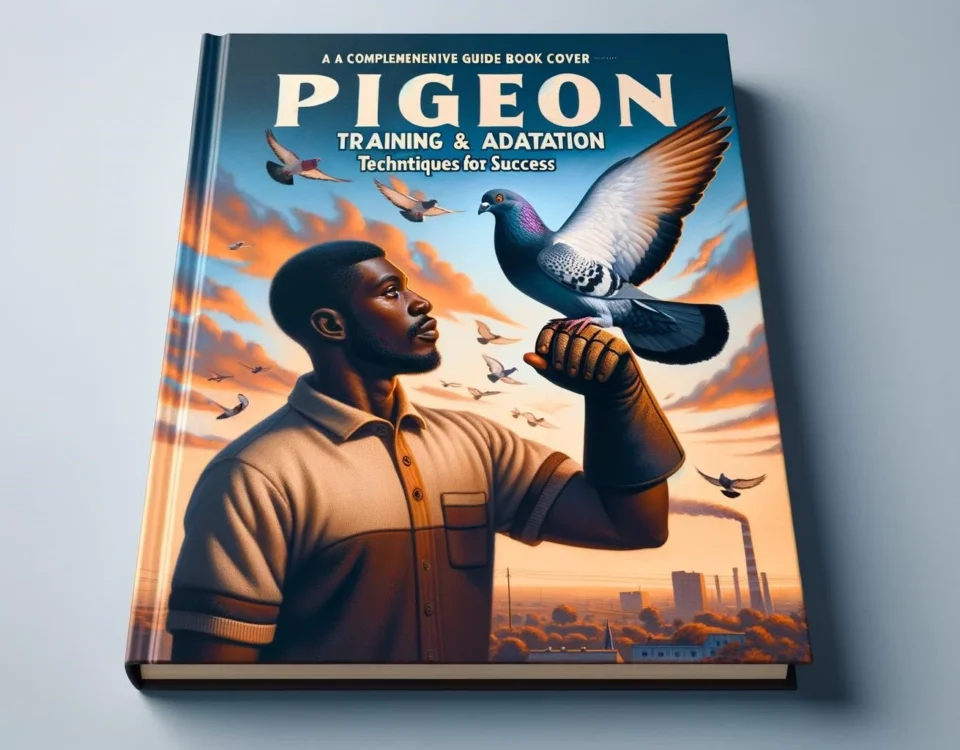Pigeons, often regarded as common city birds, possess remarkable intelligence and problem-solving abilities. They have been used in various experiments in comparative psychology and have demonstrated cognitive skills comparable to artificial intelligence. Training pigeons can be a fascinating process that highlights their intelligence and deepens the bond between trainers and these intelligent feathered companions. In this article, we will explore the intelligence of pigeons, their capacity for learning, and the importance of positive reinforcement in their training.
Key Takeaways
- Pigeons possess problem-solving abilities comparable to artificial intelligence and have been used in experiments to study animal cognition.
- Pigeons have highly developed brain structures that allow them to integrate sensory data and navigate challenging environments.
- Training pigeons should focus on positive reinforcement and reward-based methods to elicit desired behaviors.
Pigeon Intelligence
Pigeons are highly intelligent animals capable of a range of impressive feats. They have the ability to remember faces, perceive vibrant colors, navigate complex routes, and even save lives. Research has shown that pigeons possess problem-solving abilities that parallel those of artificial intelligence. Comparative psychology experiments have contributed to our understanding of pigeon intelligence and their capacity to share attention between different dimensions of stimuli, similar to humans and other animals.
Pigeons also have an extremely developed brain structure, enabling them to integrate sensory data and navigate challenging surroundings. Their intelligence goes beyond simple tasks and tricks; they possess problem-solving skills that make them engaging and interactive companions.
Pigeon Training and Learning
Pigeon training can be a fascinating and rewarding experience that showcases their impressive intelligence. Training methods should focus on positive reinforcement, using rewards and treats to reinforce desired behaviors. Punitive measures or adverse conditions should be avoided in the training process.
Through proper training, pigeons can learn tricks, solve simple puzzles, and even perform complex actions and response sequences. Their ability to learn is comparable to that of other highly intelligent animals. Trainers can harness the natural homing instinct of pigeons through pigeon racing or homing pigeon training, where the birds navigate lengthy distances to return to their home.
Understanding and appreciating the intelligence and cognitive abilities of pigeons can pave the way for future research advancements and foster a deeper appreciation for these often-underestimated birds.
Positive Reinforcement in Pigeon Training
Positive reinforcement is a crucial aspect of pigeon training. It involves rewarding desired behaviors to strengthen their association with positive outcomes. Positive reinforcement can be in the form of treats, praise, or playtime. This approach helps to create a positive and trusting relationship between the trainer and the pigeon.
Punishment or aversive techniques should be avoided in pigeon training as they can create fear and stress, inhibiting the learning process and damaging the bond between trainer and pigeon. A focus on positive reinforcement ensures that pigeons are motivated to learn and engage in training activities willingly.
Training pigeons using positive reinforcement not only allows for effective skill acquisition but also promotes their overall wellbeing and enhances the training experience for both the bird and the trainer.
In Conclusion
Pigeons possess a level of intelligence that often goes unnoticed. They have problem-solving abilities comparable to artificial intelligence and have been the subjects of extensive experiments in comparative psychology. Despite their reputation as common city birds, pigeons are highly intelligent animals capable of impressive feats.
Pigeon training should focus on positive reinforcement and reward-based methods to elicit desired behaviors. By understanding and appreciating their intelligence, trainers can create a trusting and enriching relationship with these intelligent feathered companions.








